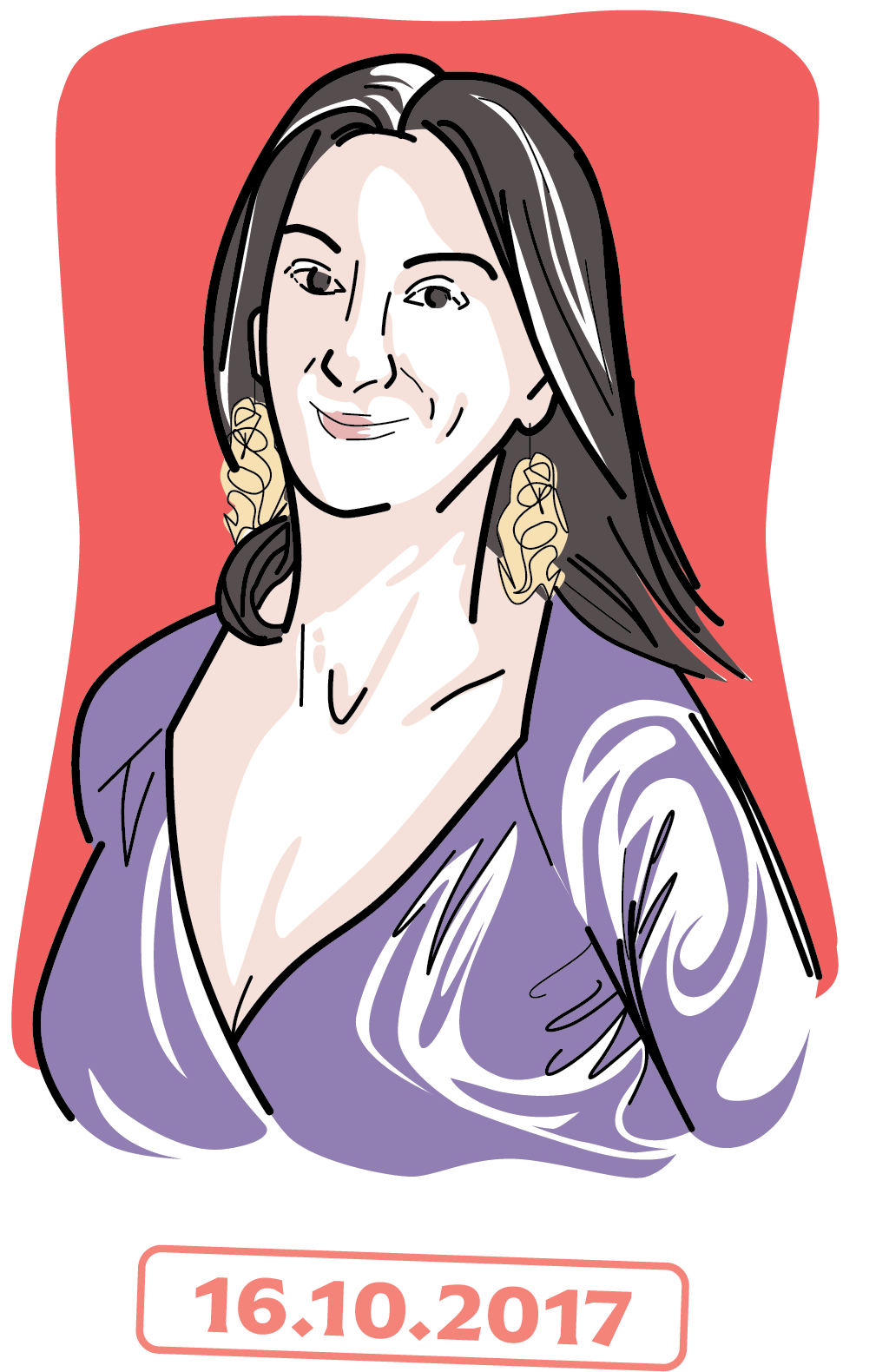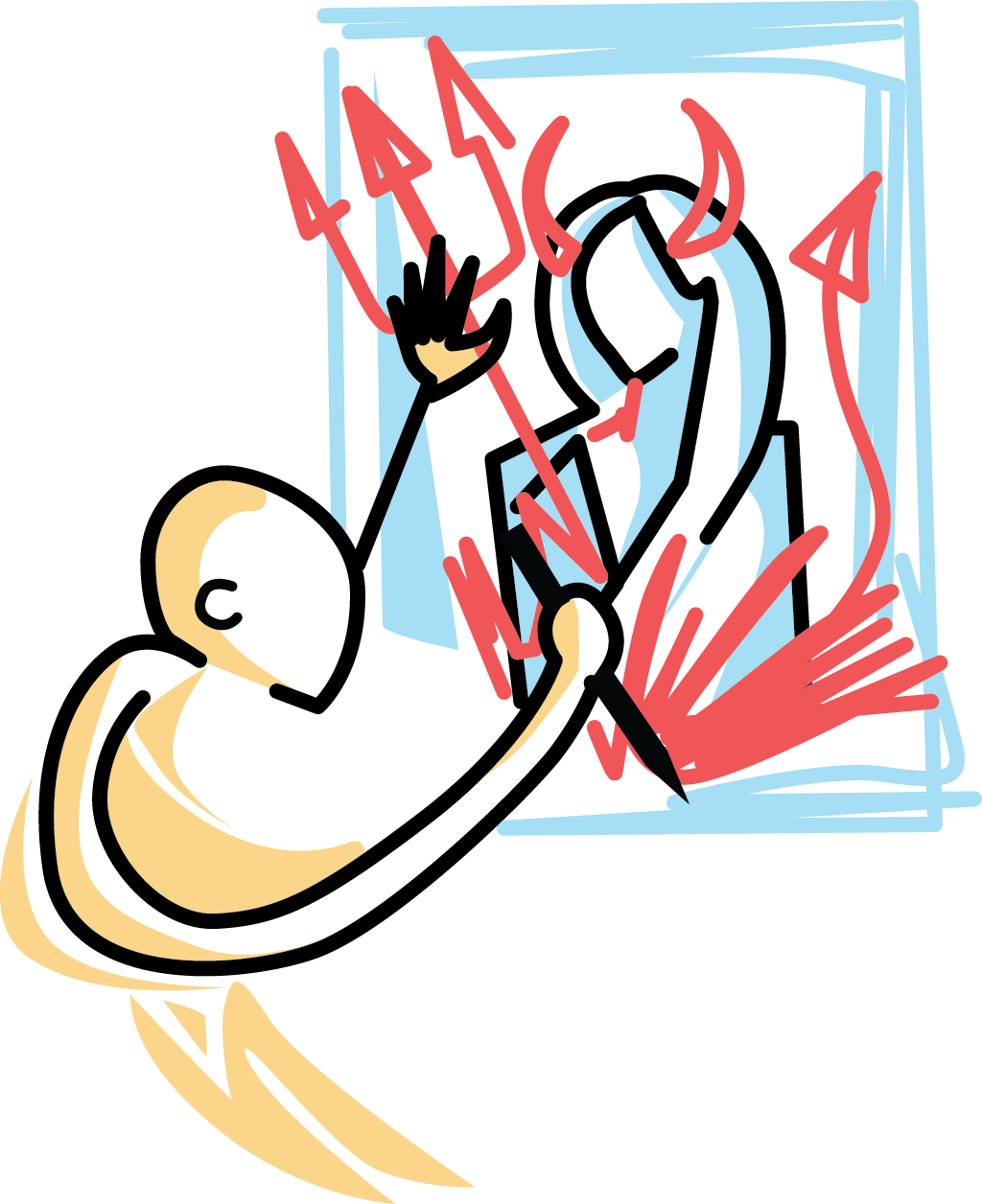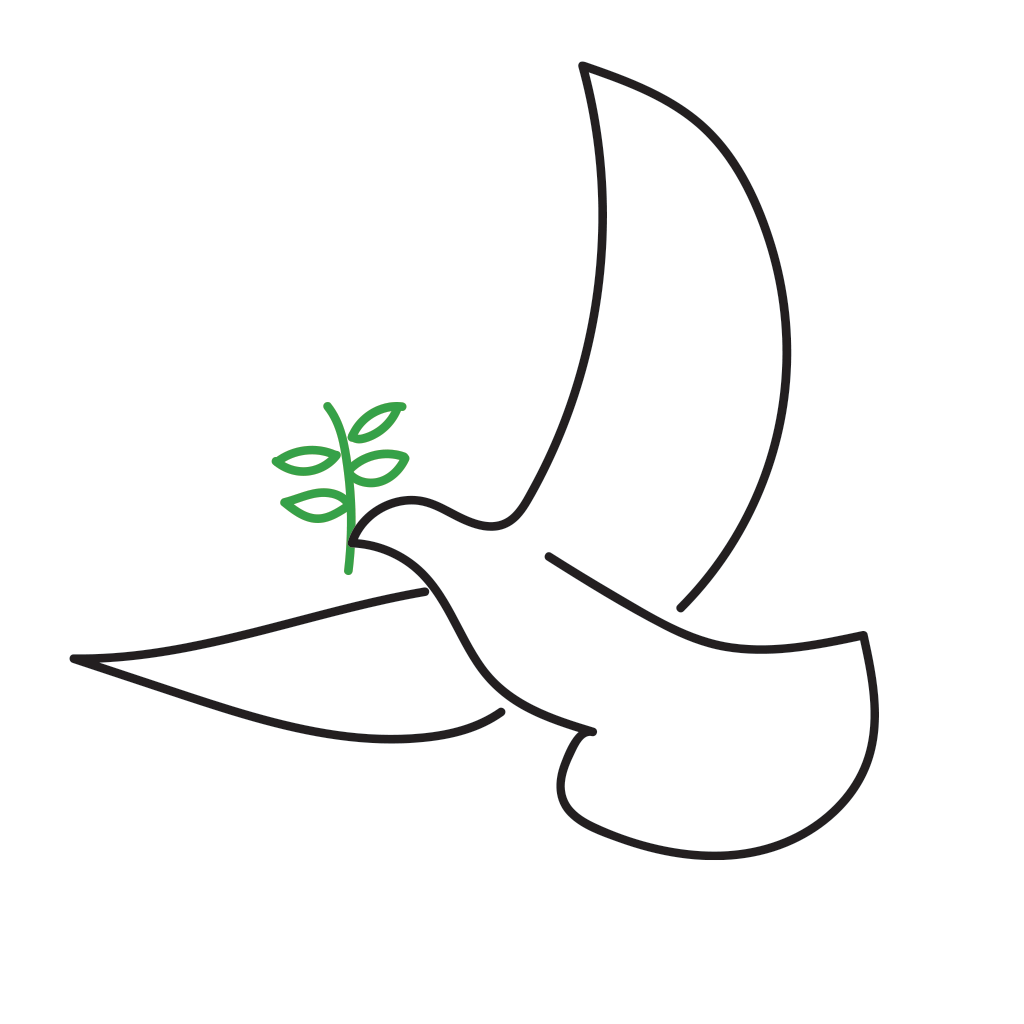Daphne

On the 16th of October, 2017, a car-bomb ripped through a car in Bidnija and took the life of Malta’s foremost investigative journalist: Daphne Caruana Galizia. In more ways than one, we can say that this was truly a watershed moment when it comes to Malta’s modern political history. There is a clear before and after.
Much has been said and written about the social and political implications of this gruesome execution. Here we will limit ourselves to three considerations which emerge from the report issued at the conclusion of a public inquiry into the circumstances of Daphne Caruana Galizia’s murder.
It is often said that the only thing necessary for the triumph of evil is for good men and women to do nothing. One thing which emerges with shocking clarity in the Daphne Report is the series of extremely serious “sins of omission” committed by those who had the responsibility not only to protect Daphne but also to prevent the creation of a de facto “state of impunity” which led those behind the execution to literally think they could get away with murder. This atmosphere of impunity was generated from the “highest levels in the heart of the administration within the Office of the Prime Minister that like an octopus spread to other entities, such as regulatory institutions and the police, leading to the collapse of the rule of law”[1].
Whether through wilful inaction or gross incompetence, the result was that Daphne was left alone, vulnerable and exposed to a degree which ultimately led to her murder.
“What kind of fear keeps us from acting in solidarity with fellow citizens who bravely fight for justice in our midst?”
In the light of this wound which will forever stain our collective psyche, we might want to ask ourselves if we, common citizens, should do more to raise our collective voices in defence of what is right in order to stand shoulder to shoulder with those who take the risk of standing up to be counted, often at great personal risk. What kind of fear keeps us from acting in solidarity with fellow citizens who bravely fight for justice in our midst? Of course, we might prefer to “play it safe” and delegate to others the role of fighting for a better society. In that way, we will never be wrong, we can never fail and we will never be singled out for criticism[2]. Daphne, in her own inimitable and often controversial way, never shirked away from this thankless task.
And for this, she paid the ultimate price. Following her example, maybe we should take more seriously the invitation which comes directly from these words pronounced by President Theodore Roosevelt:
“It is not the critic who counts; not the man who points out how the strong man stumbles, or where the doer of deeds could have done them better. The credit belongs to the man who is actually in the arena, whose face is marred by dust and sweat and blood; who strives valiantly; who errs, who comes short again and again, because there is no effort without error and shortcoming; but who does actually strive to do the deeds; who knows great enthusiasms, the great devotions; who spends himself in a worthy cause; who at the best knows in the end the triumph of high achievement, and who at the worst, if he fails, at least fails while daring greatly, so that his place shall never be with those cold and timid souls who neither know victory nor defeat.”[3]

The second point we wish to highlight is the constant campaign of demonization to which Daphne was subjected with increasing virulence and force. This campaign of hatred was indeed shocking, not only in its intensity but also in view of the fact that part of these vicious attacks seemed to have had the backing of the State. No one, least of all journalists, should ever be subjected to this level of hateful attacks. How can we ever hope of building a peaceful and just society if our level of public discourse very often descends into pitiful and partisan attacks? One of the basic tenets of a truly democratic society is the ability to dialogue. Sadly, we live in an increasingly polarized and atomized society, in which members of particular groups isolate themselves in eco-chambers in which only like-minded people are welcome. As a society, we urgently need to rediscover the art of respectful dialogue[4]. We can move forward and strive for the common good only if we are able to listen to others instead of destroying them[5].
“As a society, we urgently need to rediscover the art of respectful dialogue. We can move forward and strive for the common good only if we are able to listen to others instead of destroying them.”
Lastly, the inquiry report highlights with sobering clarity, the inappropriate closeness between business people and politicians. All those who read her articles know how highly critical Daphne was of this intimacy between big business and government. This proximity and cosy relationship was a determining factor behind a number of large-scale projects which ended up under the scrutiny of the auditor general and magisterial inquiries. Many of these reports and inquiries found significant irregularities. Big business seized the opportunity to forge ahead with their projects with minimal administrative oversight, and through the “manipulation” of top officials.
The Daphne inquiry report also underlined the duty of public administration to safeguard the rule of law. The lust for money and profits by businessmen or public officials can never be allowed to destroy any semblance of good governance. Unfortunately, the report describes a system whereby instead of our elected officials being at the service of the common good – “where the “whole” (the wellbeing of the polis that serves all) is indeed greater than the sum of parts (or our individual interests)”[6] – they were serving the interests of a select powerful few. We are here miles away from the principle of good governance according to which elected public officials are elected to “administer” the public goods in the best interest of the common good, and most especially the interest of the most vulnerable. In this instance, the wealth and power associated with the role were used to further the private interests of a restricted group of powerful and wealthy people.
In its own way, the pre-electoral barrage of phone calls asking people if they need anything, is another sign of the long road ahead, when it comes to good governance. Daphne fought tooth and nail for a country in which ministers and MPs exercised their delegated authority with honesty, transparency and a spirit of service, instead of behaving like some sort of feudal lord who hands out public goods as “favours”. The incestuous marriage of convenience between the two most powerful centres of power in the country represented by businessmen and politicians, led to the near-creation of a Mafia state[7]. It took the death of Daphne for many of us to realize to what extent the ideal of good governance and public service had been corrupted and perverted.
[1] Bord ta’ Inkjesta – Daphne Caruana Galizia, 388.
[2] “Because you are lukewarm—neither hot nor cold—I am about to spit you out of my mouth”; REV 3, 16.
[3] Theodore Roosevelt, Speech given April 23, 1910.
[4] Justice and Peace Commission, Called to work for justice and peace. Statement by the Justice and Peace Commission one month from the murder of Daphne Caruana Galizia, 3.
[5] Cf. Seeing the truth beyond our inconsistencies, https://jp.church.mt/seeing-the-truth-beyond-our-inconsistencies/ (accessed 13/10/2021)
[6] Archdiocese of Malta, One Church, One Journey. A process of ecclesial renewal, 58.
[7] Cf. Bord ta’ Inkjesta – Daphne Caruana Galizia, 388.
